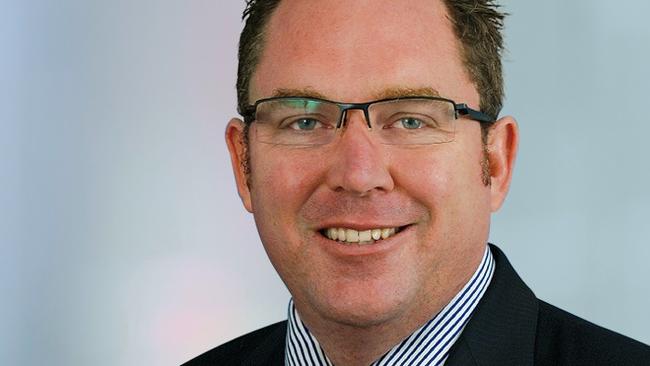Coronavirus: Foreign students ‘could fill population shortfall’
Unless a vaccine for the coronavirus is found within two years our population will fall more than one million people short of expectations by 2030, an analysis finds.

Unless a vaccine for the coronavirus is found within two years the nation’s population will fall more than one million people short of expectations by 2030 — and annual national income will slump $117bn — according to new analysis by KPMG.
The massive hit to overseas migration from international travel restrictions — which the consulting giant expects to last four or five years without a vaccine — will see the national population rise to 28 million rather than 29 million by 2030, according to KPMG chief economist Brendan Rynne.
“Even in a case there they find a vaccine within 12 months we see GDP being $45.3bn lower in 2030 and the population 420,000 smaller,” he said, urging the government to relax full-time work restrictions on foreign students in order to make up some of the population shortfall.
“This would kill two birds with one stone. You’ll be getting more people and also more skilled people, who ultimately will help lift productivity and living standards,” he said.
“In a post-COVID world we won’t be the only country that realises the value of international students, so we need to be even more competitive on that front: we should offer a bundled product, not only good education but a path to residency too,” he added.
The Reserve Bank in its latest economic outlook assumed international borders would remain shut until at least the middle of next year.
The government’s July economic update pencilled population growth of 0.6 per cent for this financial year, which would be the lowest annual rate of growth since 1917.
If a vaccine doesn’t emerge, income per person will be lower by the equivalent of $2800 per person, because immigrants have tended to be higher skilled on average, thereby boosting productivity.
Stephen Parker of KPMG said immigration was the single most important drawcard for a sector that is vital to Australia’s future.
“Australia should say openly that talented, working-age people must become a higher proportion of our overall population because our natural birthrate is below replacement levels and we have a growing number of retirees,” Dr Parker said. “If international students make the sacrifices to come to study here, supporting our educational institutions and adding to our diversity, then we will look favourably upon them if they wish to stay.”




To join the conversation, please log in. Don't have an account? Register
Join the conversation, you are commenting as Logout